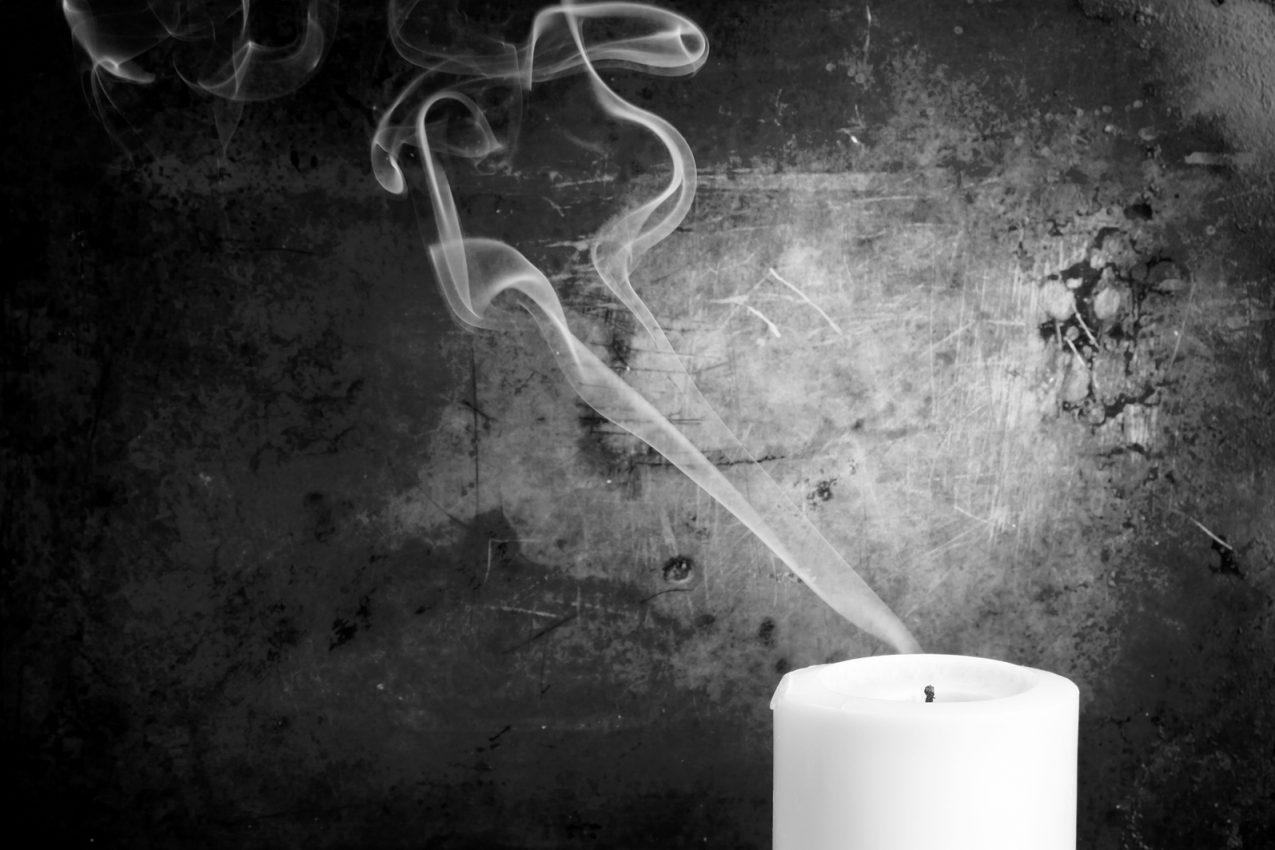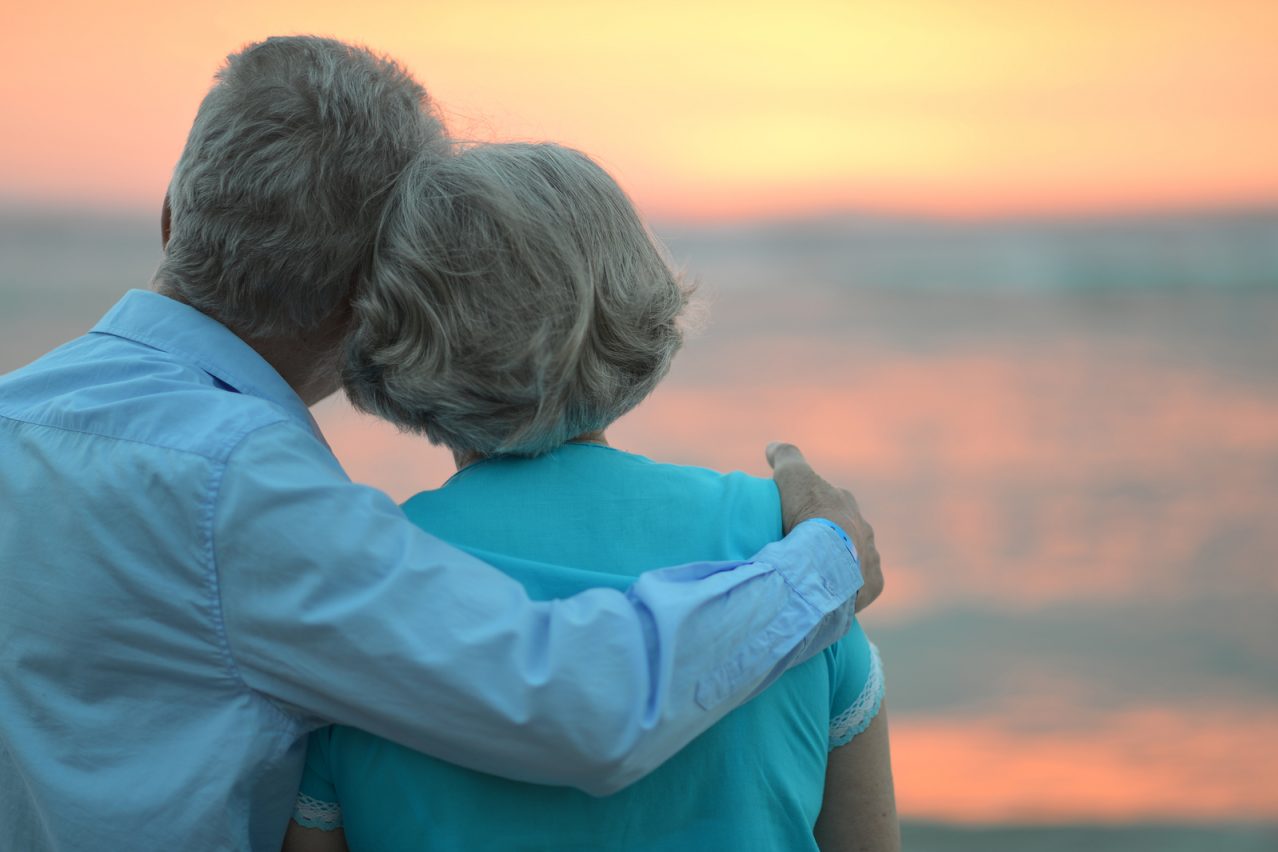I finished writing my note about my office visit with Edna, when her daughter called. Edna and I had discussed that the cancer was spreading rapidly and I thought chemo would not help. We talked about quality and comfort for the time that remained. Edna was considering hospice. Finally, at Edna’s request, I put a note in the record that from now on, whatever happened, she did not want to be supported by machines and did not want CPR.
Edna’s daughter, who we will call Sue, wanted to talk about her mother’s condition. Without asking any questions, she began by saying how upset she was that her mother did not seem to understand what was happening. Sue believed her mother needed to realize that the chemotherapy might not work and that the cancer was not curable. Sue went on about how the next couple of years was going to be tough and that her mother needed to be ready. Sue doubted that Edna even understood how much cancer she had.
After a moment of listening thought, I asked what Sue understood about her mother’s cancer? She replied that her mother had a mass in her lung the surgeons could not remove and that chemo might not always control. What did Sue understand about her mother’s prognosis? Sue replied that the cancer would probably spread in the next few years and that at some vague future time, her mother might be “lost” to the disease. Sue wanted me to have a clear conversation with her mother, so that her mother would be realistic.
When we talk about the “stages” of coping with cancer, such as Kubler-Ross’s classic denial-anger-bargaining-depression-acceptance sequence, we tend to think about the patient. However, in real life every person in a family and friends too, go through stages of coping, just like the patient. The hard part is that no one in the family adjusts in the same order or at the same time as the patient. When Mom is accepting, daughter is in denial. When brother is angry, wife is depressed. When the patient is bargaining for few more weeks, the family is planning the funeral.
This is natural, healthy and confusing. There is only one answer. Communication. For the caregiver, usually the doctor, the key is to educate each person about what is happening. Often the most efficient way to do this is by a family meeting, so that everyone talks, everyone listens and at least theoretically, achieves a similar understanding of the case. This does not completely eliminate misinformation, nor coping differences, but at least it builds a common foundation. For families the key is to keep communication open and share with each changes that occur. If this common understanding is not achieved then the patient may become emotionally isolated and this can lead to poor care coordination and suffering.
As for Sue, I had her come into the office with her Mom and we had a frank conversation. We talked about Edna’s cancer (it has spread to lung, bone, liver and perhaps brain). We talked about the failed therapy and limited options. We revealed her Mom’s wish to be comfortable. Sue listened, talked and cried, and from that moment she understood. Together, we made plans for the future. Together Edna, Sue and I began hospice. Then, walking slowly, holding hands gently, they left the office and headed home, together.







16 Comments